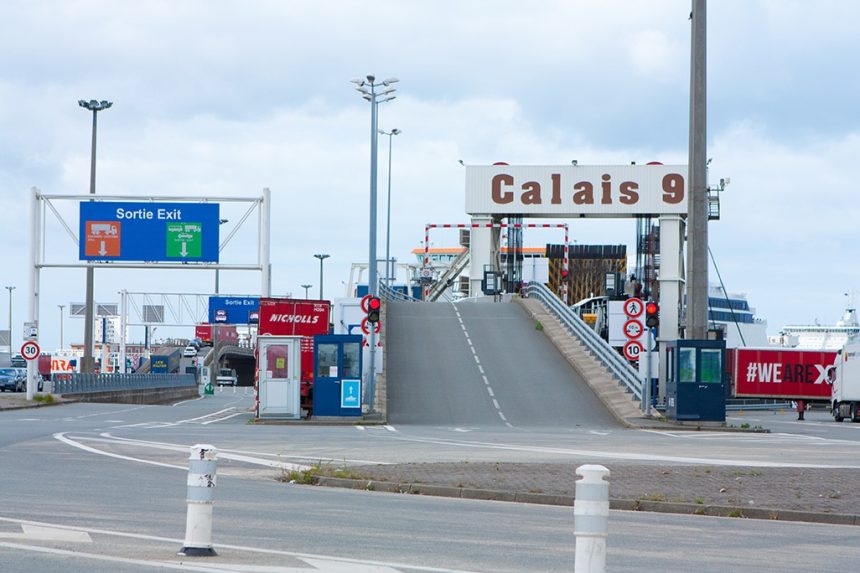Q
My coaches travel abroad. To avoid falling foul of the clandestine entrant civil penalty scheme, what are the responsibilities of my drivers when returning to the UK – and does any defence exist if a clandestine entrant is discovered on one of my vehicles?
A
Operators and drivers face substantial fines under the clandestine entrant civil penalty scheme where either the vehicle is found to be carrying clandestine entrants (when a potential maximum penalty of £10,000 per entrant for the driver and operator can be imposed, ie, £20,000 per entrant in total) or the vehicle is not carrying clandestine entrants but has not been adequately secured (when a potential maximum penalty of £6,000 can be imposed on the driver and operator, ie, £12,000).
The civil penalty scheme requires operators to have effective preventative systems in place. Central to these systems are the drivers’ responsibilities to secure their vehicle, to check for signs of unauthorised access, both at the point of departure and after each stop en route back to the UK and to record steps taken.
Border Force has recently issued a checklist specific to coaches for drivers to use to record their checks and I would urge operators to use this. It includes checking items such as overhead luggage shelves and underneath all seating.
There is a defence against the imposition of penalties if it can be shown that the driver was acting under duress; however, in our experience, in most scenarios, this is unlikely to be the case – the driver is usually completely unaware that clandestine entrants have gained access to the vehicle. The starting point is, therefore, that penalties are imposed in most cases.
When considering the level of penalty to be imposed, Border Force will have regard to whether this is the operator’s first incident, whether the operator is a member of the Civil Penalty Accreditation Scheme, the individual’s or company’s financial circumstances and any other matters it considers relevant. However, central to its consideration is the records drivers are able to produce of their checks. Evidence of driver training and the audit trail of drivers’ checks throughout their journeys are therefore vital.
We can help operators put in place effective systems to reduce the risk of a penalty being incurred, including assistance applying for accreditation under the Civil Penalty Accreditation Scheme. We can also challenge any penalties that have been imposed and have experience of success in securing reduced, or even withdrawn, penalties.
Q
Change is coming to EU drivers’ hours for coach tourism as they are applied in member states. When abroad, will any of my drivers be able to take advantage of those amendments?
A
The changes to EU drivers’ hours rules for those engaged in tourism-related work (“occasional passenger transport services”) proposed by the European Commission are expected to take effect in the first half of 2024. These will be introduced through amendments to EC Regulation 561/2006 and will include relaxation of the rule on splitting a 45-minute break, postponement of a daily rest period in certain circumstances and an extension of the 12-day rule (as currently applies to international tour work) to tour work taking place within one country.
The amendments will change the law in EU member states but will not automatically extend to the UK. This will require separate UK legislation to amend the drivers’ hours rules that apply in the UK post-Brexit (the retained version of EC Regulation 561/2006) and there is currently no indication that such change is on the horizon.
It is possible that (even in the absence of UK legislative change) UK drivers might be able to utilise the amendments to EU law when driving in the EU. However, much will depend on the final shape of the law when it is introduced, and the specific journeys concerned.

























